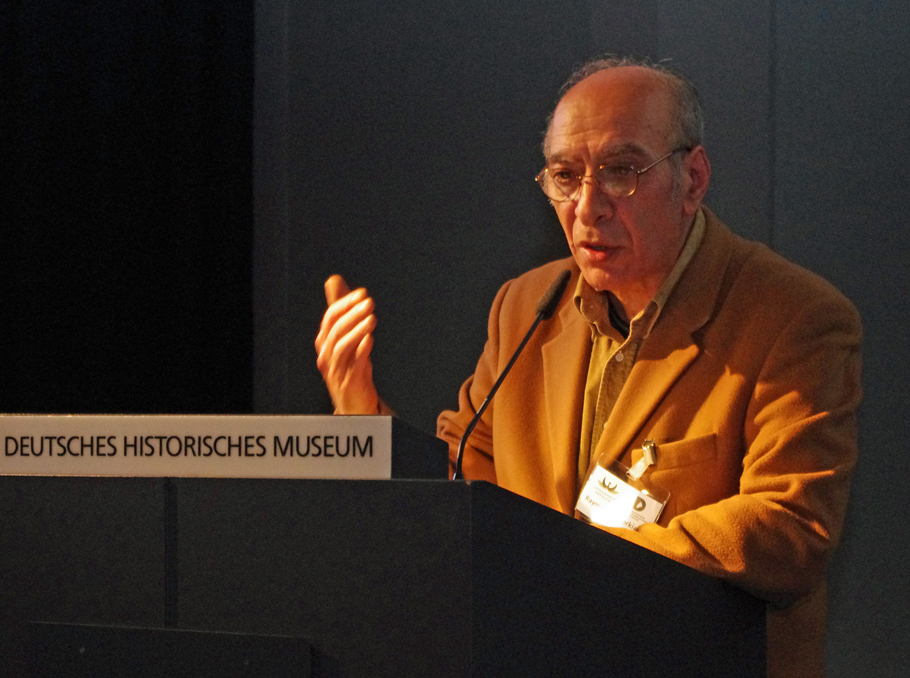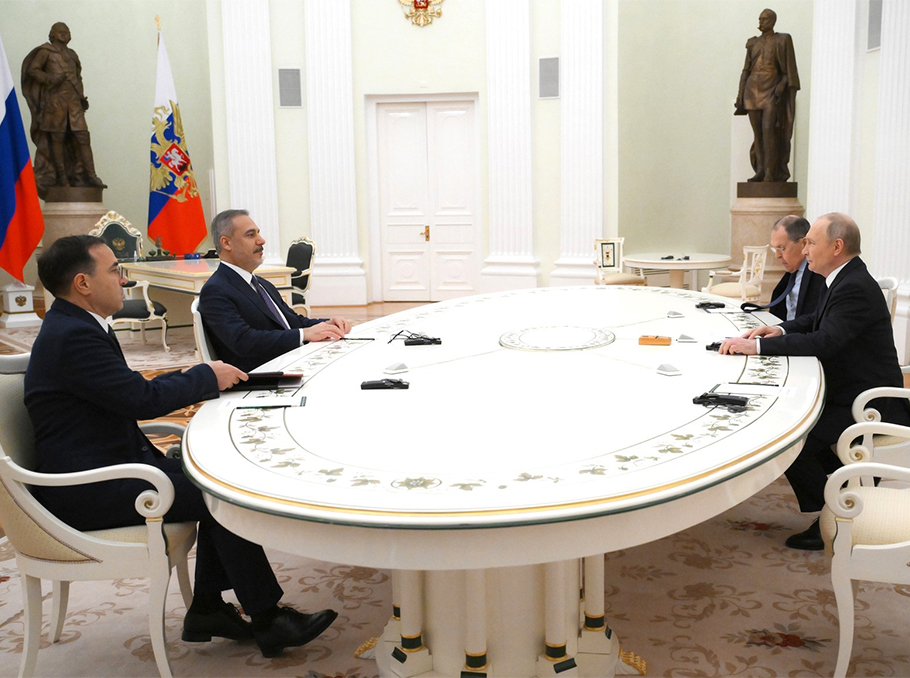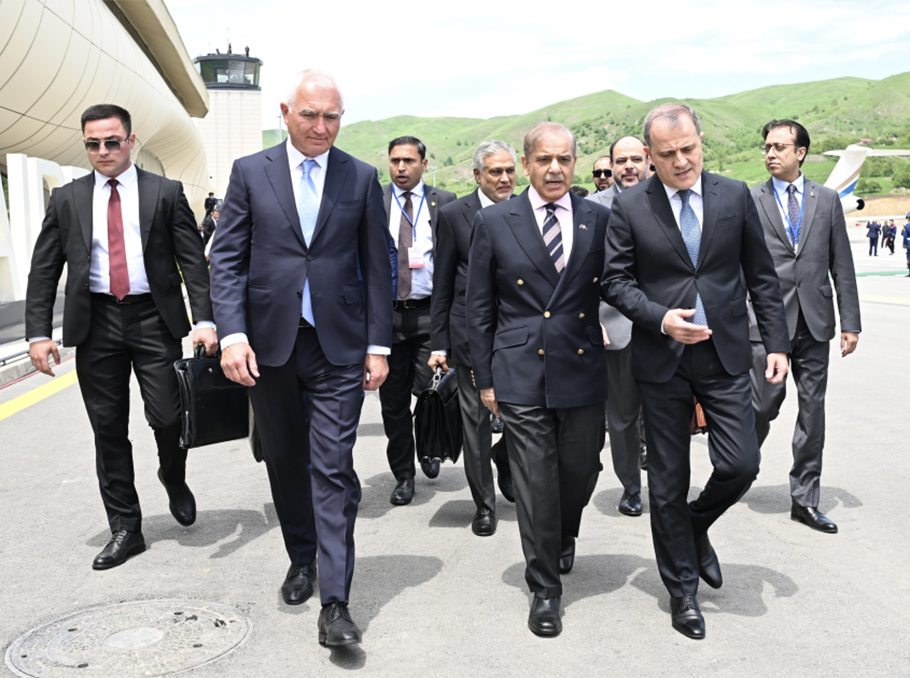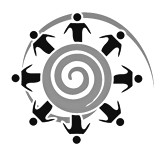French-Armenian historian Raymond Gevorkian gave a lecture on “Analyze the history and create the future: Genocide case studies” at AGBU office in Yerevan on March 2.
Raymond Gevorkian is the former director of Nubarian Library. At present, he teaches at Saint-Denis University in Paris and works as Research Director at French Institute of Geopolitics (Institut Français de Géopolitique).
He wrote “The Armenian Genocide. A Complete History” published in 2006 in France. Archive material from Nubarian Library was extensively used in the book.
Raymond Gevorkian received a special award for his significant contribution to the recognition of Armenian genocide from Armenian President Serzh Sargsyan in 2010.
Mediamax presents certain pieces from the lecture.
***
In regard to politics, Armenia doesn’t really have any cards high enough to oppose the state as enormous as Turkey. One of the rare cards we have against such a giant is the matter of the Genocide. By continuing the struggle for recognition and condemnation of the Genocide and demonstrating its importance on the international arena, we give a reason to put pressure on Turkey. This is the only tool we have. It’s also important to stress that mass crimes committed during World War I and World War II have similarities and are connected. This will make it easy for the international public to understand Armenian Genocide.
We should always emphasize that an ordinary state is not capable to turn to a genocide. When we research the ideology of Young Turks and then Kemalists, we see that it was based on chauvinism. A historian can notice the displays of same ideology in large frames today.
***
Today, the name of internal enemy has changed in Turkey. Armenians are no longer the internal enemy, it is the Kurds. If we consider the policy that Turkey carries out towards the Kurds, we will surely notice the similarities between it and the incidents of the past century. However, there is one difference. Today, there is no global scale war, and for that reason the probability of genocide is low. The Kurdish factor is a reality now. Turkey is trying to convince everyone that the Kurds are terrorists. Turkey said the same about Armenians in 1890. I am sure that the Kurdish factor will become one of the most important issues of the Middle East.
I am sorry to say that I don’t see how Armenia can play a significant role in this matter. We have no cards on our hands.
We should remember that a certain number of Kurds became tools in the government’s hands to implement genocide in 1915. However, the Kurds weren’t 100% involved in it. Today, the Kurdish community in Turkey has the largest number of people who admit and regret the Genocide. There is a clear understanding in the Kurdish community that what repeatedly happens to them for dozens of years has the same roots - Turkish chauvinism.
***
The role and participation of Germany in Armenian Genocide has direct connection to Jewish Holocaust in Europe. 17,000 German servicemen were engaged at the Eastern front of World War I. A part of them later enrolled in national-socialist party. The mass crime model that Nazi Germany used during World War II was Armenian Genocide implemented by Young Turks. Hitler declared that they are the pupils of Young Turks. They began to propagate that Turks found the best way to resolve the issue of national minorities. Preaching that Armenian genocide had a reason and was justified for Turks, Nazi regime prepared German public opinion for treating Jews in the same way. I believe that these facts should be talked about. We should voice that Germany has a sin against us to atone.
***
For years, we have been ignoring the core of Armenians who live in Turkey, - Muslim Armenians, Armenian-speaking Armenians, children of mixed marriages. Of course, we also had prejudices and it took time to believe the sincerity of these people’s efforts. We should communicate with them without fear, we should get to know each other.
Yekaterina Poghosyan




























Comments
Dear visitors, You can place your opinion on the material using your Facebook account. Please, be polite and follow our simple rules: you are not allowed to make off - topic comments, place advertisements, use abusive and filthy language. The editorial staff reserves the right to moderate and delete comments in case of breach of the rules.